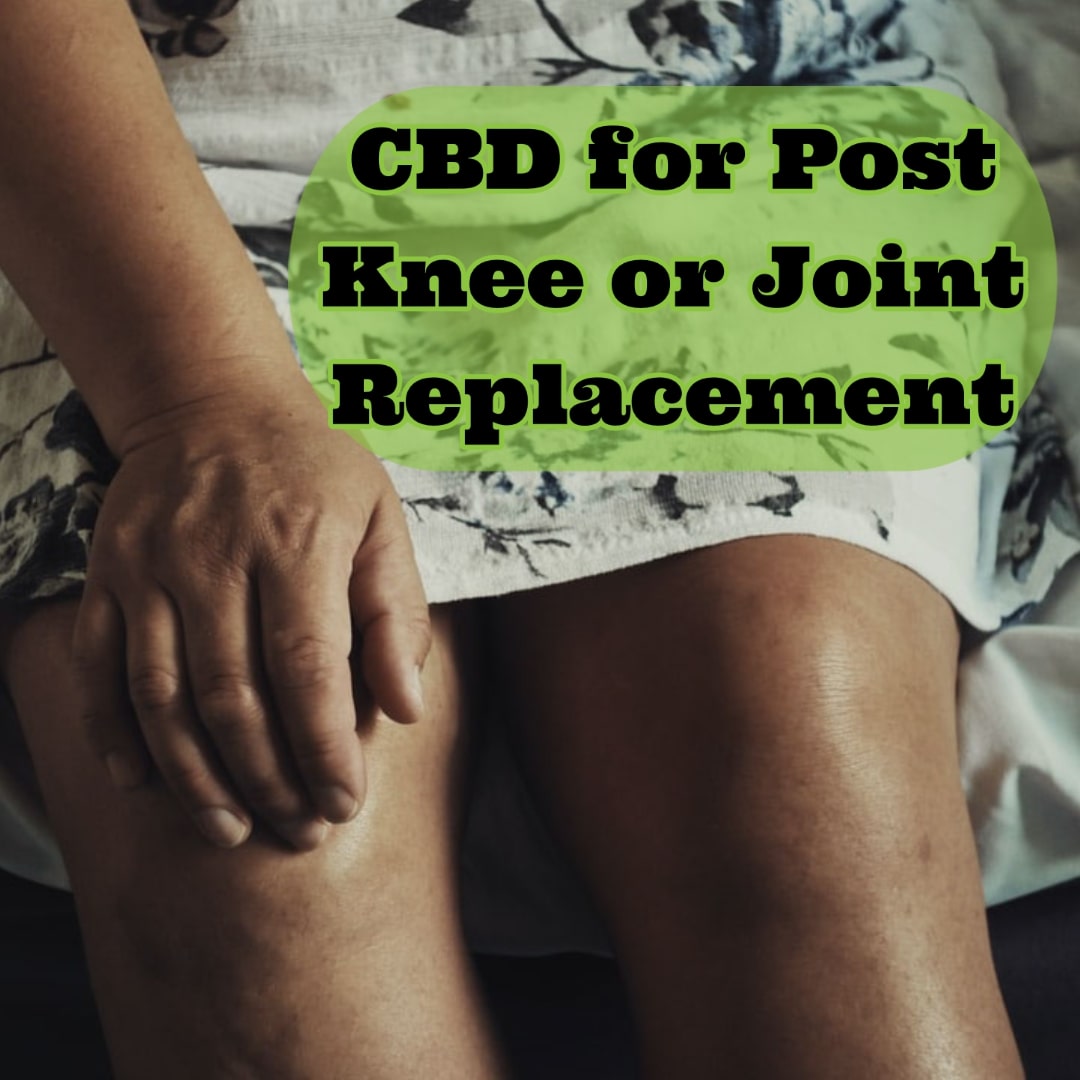Total knee replacements are one of the most successful procedures in all of medicine. According to the Agency for Healthcare Research and Quality, more than 790,000 knee replacements are performed each year in the United States.
Total joint replacement is a surgical procedure in which parts of an arthritic or damaged joint are removed and replaced with a metal, plastic or ceramic device called a prosthesis. The prosthesis is designed to replicate the movement of a normal, healthy joint.
Knee replacement may be an option when nonsurgical interventions such as medication, physical therapy, and the use of a cane or other walking aid no longer help alleviate the pain. Other possible signs include aching in the joint, pain after extensive use, loss of mobility, joint stiffness after periods of inactivity or rest and/or pain that seems to increase in humid weather.
Knee replacement surgery carries many different risks. Some result directly from the surgery, while others stem from the body’s reaction to the operation. Post op risks include infection, bleeding, blood clots, pain, swelling, breathing problems, nerve damage, allergic reaction and in some cases implant failure. Post op treatment includes exercise, using ice, compression devices, cleaning the wound and prescribed pain medications.
Medications used to treat post op pain include fentanyl, morphine, oxycodone, tramadol, acetaminophen, lidocaine, ibuprofen, naproxen, gabapentin and pregabalin. Each prescribed medication contains negative side effects that include nausea, vomiting, dizziness, insomnia, anxiety, skin rash, swelling, blurred vision, chest pain, cough, headache, diarrhea, mood swings, loss of appetite, low blood pressure, tremors and much more.
Studies show that CBD may help alleviate some of the complications that come with knee or joint replacement surgery without the negative side effects of prescribed medications. Cannabidiol (CBD) is a non-psychoactive compound derived from the hemp plant known for its potential therapeutic effects.
CBD acts as an anti-inflammatory, which makes it a great choice for chronic types of pain that are reoccurring and constant. This type of pain is normally found in everything, from arthritis to headaches, cramps, cancer-related pain, and muscle aches. As far as post-surgery pain management goes, CBD may help relieve some of those secondary symptoms, like headaches, muscle pains, arthritis, and other signs of inflammation. CBD may help relieve pain, relax muscles and joints, and improve sleep, which is vital to those recovering from any surgery.
Our AHS 3000mg Full Spectrum Supreme Tincture Oil can be taken sublingually along with our AHS 2500mg Custom Cream that can be applied topically to help reduce pain, swelling, inflammation and more.
Always consult your primary care physician before starting a new treatment.
Our team of specialists are always available to provide you with education and assist you with any questions regarding CBD.






Leave A Comment
You must be logged in to post a comment.